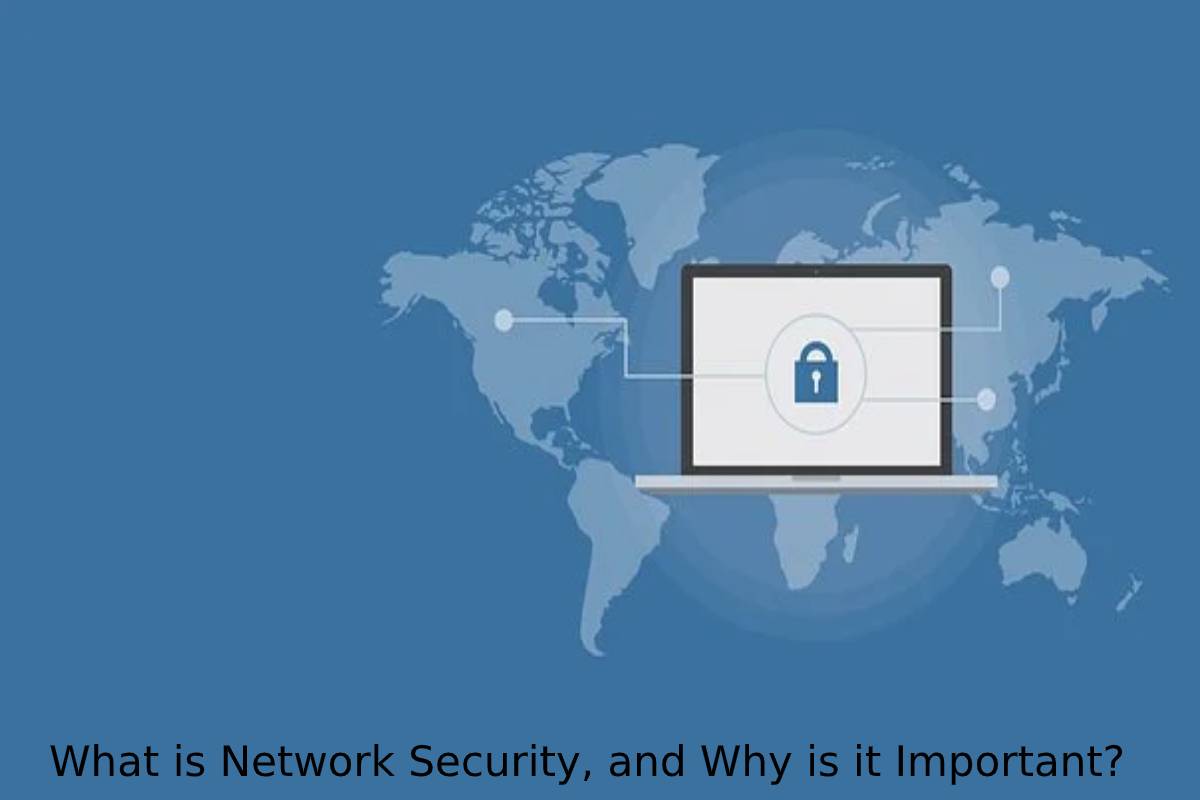Network security has become a very critical part of our lives. Just as we need protection in the physical world to keep off the bad guys from depriving us of things that are precious to us, so also is the virtual world.
Our day-to-day network connection must be adequately secure — whether you are joining a Zoom call or just surfing the internet for information. Network security measures simply ensure that valuable data is kept away from the wrong hands.
Excellent network security helps minimize the risk of being sabotaged, experiencing data loss, or theft.
Table of Contents
So, what is Network Security?
Network security is the strategy put in place by an individual or organization to prevent unauthorized access or breach to their network, protect access, use, and corporate network integrity. For instance, without network security, cybercriminals would be able to steal proprietary resources stored on a network.
Wikipedia says it constitutes data access authorization in a network determined by the network administrator. Network security has different components, which include antivirus software, firewalls, VPNs, Network Access Control (NAC), Data Loss Prevention (DLP), Security Information, and Event Management (SIEM).
When you merge quality network security practices with these security components, you’ll be able to prevent intrusions, spyware, malware, and other forms of cyberthreats.
Network security should apply to the information available on your business computers and data transmitted over network communication such as Wi-Fi, LAN, WAN, MAN, Intranet, etc.
Why Is Network Security So Important?
How vital network security is, depends on who exactly needs it. But then, network security is critical to the safe running of business activities to meet the expectations of customers or clients.
In the digital-first world, people are constantly searching for products and services that can be made readily available at their fingertips from any part of the globe. Unsafe network activities will be exposed to constant attacks that will either frustrate these business activities or grind them to a halt!
Here are more reasons to put in place a solid network security system:
1. To Secure Data-sharing
Data is constantly moving over company networks. And because of how sensitive this data can be, it mustn’t get into the wrong hands. Hence, measures must be put in place to secure them.
You can apply various data restrictions on different computers, based on what files are required, who needs what, and at what point are the files needed?
2. To Modernize Your Work System
As most employees choose to work from their homes or any location, you can maintain a hybrid workforce merging company VPN with secure network access with solid network security. As your company continues to grow, you’ll also have diverse levels of network security to scale with new business demands.
3. To Mitigate Risks And Gain Customers Confidence
Your business will meet the demands of government and business regulations when the proper network measures are in place, making your customers gain confidence in your business.
So, while this strategy mitigates financial and business risks, it prevents a potential legal or reputational security fallout.
4. To Boost Network Stability
When the network is not protected or restricted, it can become too heavy, creating lags in connection. Heavy traffic could destabilize computer networks and eventually lead to vulnerability to multiple external threats.
Develop a sound system that is not affected by apps and redundant tools. Reliable and proven systems such as the NordLayer features can help improve your network performance.
5. To Avoid Identity Theft
Your identity or business identity is highly valuable. When not protected, cybercriminals can use it to steal from your customers. If you log in to an unsecure network, your identity can become exposed to third parties who would take advantage of it.
Hence, securing your network becomes non-negotiable, especially when handling client information.
6. To Protect Proprietary Resources and Connected Devices
Devices connected to unsecured networks have a high potential for experiencing spyware, ransomware, and malware attacks. Developing proactive it measures is always better, as a single attack can devastate an organization and even stifle its survival.
Consider equipping your IT teams with modern network security requirements to keep your company ahead of security threats. These measures will keep your company resources safe and prevent shared data across the network from being accessed by unauthorized users.
Conclusion
Network security is also a very lucrative industry for individuals considering a high-paying career. As a result of constant threats to cybersecurity, organizations and individuals are regularly looking for network security experts. And the pay can be really attractive, depending on how specialized you are.




